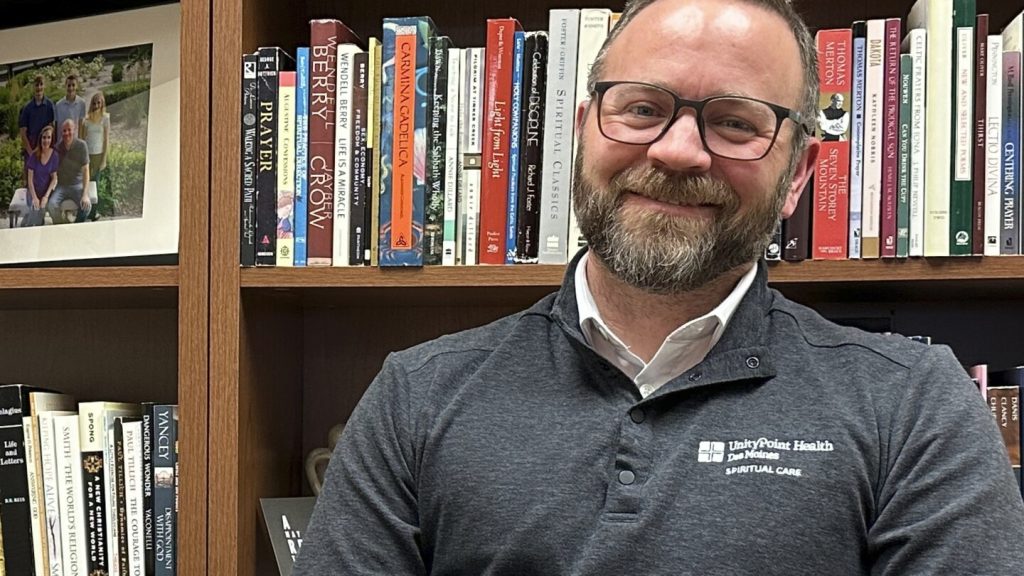Lawmakers in several states have introduced legislation to allow spiritual chaplains in public schools as a way to address youth mental health issues, improve staff retention, and provide spiritual care to students who cannot afford or access religious schools. Conservatives argue that bringing religious foundations into public schools can help combat what they see as declining values, leading Republican-controlled Legislatures to push for measures such as parental oversight of curriculum and state-funded tuition assistance for private and religious schools. However, many chaplains and interfaith organizations oppose the campaign, expressing concerns about introducing a position of authority to children without clear standards or boundaries.
Texas was the first state to pass a law allowing school chaplains in 2023, with the National School Chaplain Association playing a significant role in advocating for the legislation. The organization, which identifies as a Christian chaplain ministry, promotes the idea of bringing God back into public education. The association states that chaplains provide holistic care, guidance, and safety to all individuals regardless of their personal beliefs. However, concerns have been raised about the law not requiring chaplains to refrain from proselytizing or accommodating students from diverse religious backgrounds. As a result, many school districts have opted out of allowing chaplains as employees or volunteers.
Several other states, particularly in the Southern and Midwestern regions, have introduced bills related to school chaplains, with varying levels of success. Florida passed a bill requiring parental consent for chaplain services, while Indiana’s proposal faced challenges in determining the boundaries between secular and nonsecular services. In Utah, lawmakers have cited recent Supreme Court decisions on religious freedom as a basis for advocating for school chaplains. Despite these efforts, some proposals have failed to gain full support, with concerns raised about the potential consequences of introducing religious principles into public schools.
The issue of school chaplains has sparked debate surrounding the separation of church and public schools, with critics arguing that such measures undermine equal treatment of all faiths and threaten religious minorities. Public schools have been prohibited from leading students in classroom prayer since a Supreme Court ruling in 1962, and subsequent cases have addressed the balance between religious and free speech rights of teachers and students. The concept of chaplains, traditionally serving in various settings outside of congregations, has evolved over time, leading to diverse standards and qualifications for chaplaincy roles in different institutions.
Chaplains in the U.S. traditionally provide spiritual care in settings such as Congress, the military, and correctional facilities, with varying requirements for hiring and service. While many chaplains have training and endorsement from a specific faith, those serving in multicultural environments may receive specialized training in clinical pastoral education. Major hospitals, in particular, often employ chaplains with training in clinical pastoral education to better serve the diverse needs of patients and their families. This training helps chaplains navigate existential crises and vulnerabilities without letting their personal faith interfere with providing support to those in need.


